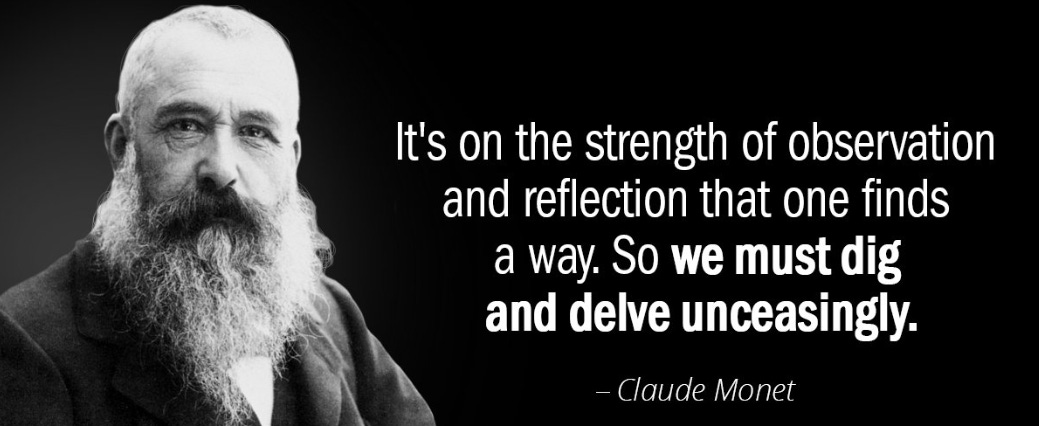The Power of Reflection: Introducing the Reflection Series
Strengthening Thinking Muscles - One Reflection at a Time
Why Reflect?
Reflection is a powerful yet often overlooked tool in our personal and professional growth journey.
Information + Reflection = Wisdom
Wisdom = better future action
However, like any other skill, reflection requires conscious effort.
When I say reflection, it can be interprested as observation, contemplation, musing or intentional thinking over acquired information.
The Importance of Reflection
I've always wondered why I kept making the same mistakes repeatedly. It wasn't until recently that I realized the root cause: I wasn't truly reflecting/contemplating my experiences or the information I encountered.
From the diagram below, I was missing step 2, and hence Without this reflection, I couldn't extract actionable wisdom from my past.
Reflection isn't a passive activity; it demands active thinking.
Initially, I believed that thinking was as natural and effortless as breathing or eating, something that some people could do clearly and accurately without much effort.
I was wrong.
To develop thinking and reasoning, one must devote time and effort, much like learning any other skill.
This realization prompted me to dedicate time to reflection. It makes sense now to document and share these reflections, hence this new Reflection series.
What to Expect?
In this Reflection series, I’ll dive into things I come across—whether it’s something I read (like a book, blog, tweet, LinkedIn post, or newsletter), listen to (a podcast or interview), watch (a video), or experience in real life.
I’ll take a deeper look at these things and see what investment/life lessons I can pull from them. This approach will help both my current self and something to lean on for my future self. hopefully, It may force you to think consciously about your experiences as well.
Just to take this idea home, you don’t need to read books or complex whitepapers for reflection - You can choose simple tweets or daily conversations to reflect and draw investment-related insight from it ( Like I am doing in this reflection below)
Reflection
I often discuss stock market investing with my close friend who has always been skeptical about it. Recently, he challenged me to invest $5000 of his money for 3 to 5 years and see how my active investing would fare.
Initially, I suggested investing in a low-cost index fund, but he outright rejected the idea and asked me to handpick stocks. I decided to select five small-cap stocks with equal weighting, thinking that would drive positive results.
To ensure a well-thought-out strategy, I turned to the Fintweet community for suggestions.
This experience taught me
investing someone else's money is far more challenging than investing my own.
If it were my $5000, I could devise a strategy within minutes. However, with my friend's money on the line, I invested considerable thought and effort into the process.
The Key Question
This experience led me to ask myself, "Why do I approach investing differently when it's someone else's money?" I realized that I tend to be more risk-averse with the money of people I care about than with my own.
With my money, I am risking
My Money
With someone else’s money, I am risking
Their money
My social image
My relationship
This insight prompted me to create a checklist question for every investment decision:
"Would I invest in this company if it were my close friend's money?"
You can replace "close friend" with anyone you care about. This question helps ensure that I approach each investment decision with the same level of caution and consideration.
Interesting and thought-provoking response to the tweet :
It resonated with me because I couldn’t come up with a reasonable risk-reward for engaging in this activity. [It’s all risk and no reward - Why the hell I was putting myself in this situation? ]
and I now made a rule:
“Risk-reward rule - Never suggest to anyone what they should buy”.
Fund Manager does it so effortlessly, the reason as one of the tweet responses below:
As I think more about it - If I am investing in any fund manager. Inside alignment is well-known thing that everyone checks.
But, I think it can be taken further by asking “Apart from his/her own money, does the fund manager have his/her family member's or friends’ money invested alongside?” if yes, I suspect they would be much more risk-averse fund managers.
I think the care factor goes high up, when your family and friends’ money are involved. This obviously is my hypothesis - not sure how correct it is - it depends on the Fund Manager's personality - but useful checklist question.
3 Nuggets to take away from reflection :
"Would I invest in this company if it were my close friend's money?"
“Never suggest to anyone what they should buy - “Risk-Reward” doesn’t stack up”
Fund Manager Risk appetite judgment question: “ Apart from his/her own money, does the fund manager have his/her family member's or friends’ money invested alongside?
Thank you for reading. Until next time, keep thinking, observing, contemplating, and learning.







